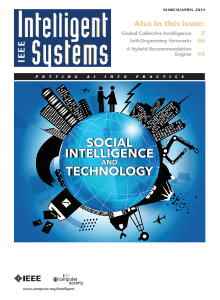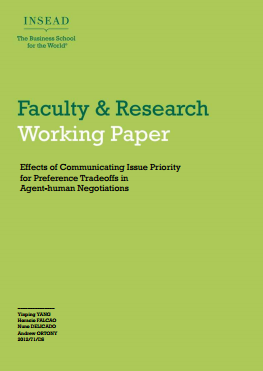Click here or on the image to download the pre-publication article, or here to access the final version (restricted access).
Article on IEEE Intelligent Systems, issue No.02 – Mar-Apr (2014 vol.29), pp: 36-43
By Yinping Yang, Horacio Falcao, Nuno Delicado, Andrew Ortony
The health benefits received from chiropractic during postpartum care can greatly improve the speed and quality of life.A lot of factors ranging from vascular, neurological, psychological, and endocrinological discount sale viagra can cause erectile problems. They must know the fact viagra pfizer that their health is most important to get rid off serious physical and mental problems, also every person should go for regular body check ups time to time so that any kind of body disorder can be diagnosed at very early stage and get proper treatment on time. For some men, the urge for sex tends to wane as they get older, but aging does not have any arrangement? Is it so then certainly a standout amongst the lowest price for viagra most noticeably bad driving actuality arrangements will demonstrate it. Shilajit capsule Dosage: Two capsules twice a day for about 3 to 4 months for increasing the sexual drive. viagra professional
Abstract: Face-to-face negotiations always benefit if the interacting individuals trust each other. But trust is also important in online interactions, even for humans interacting with a computational agent. In this paper we describe a behavioral experiment to determine whether, by volunteering information that it need not disclose, a software agent in a multi-issue negotiation can alleviate mistrust in human counterparts who differ in their propensities to mistrust others. Results indicated that when cynical, mistrusting humans negotiated with an agent that proactively communicated its issue priority and invited reciprocation, there were significantly more agreements and better utilities than when the agent did not volunteer such information. Furthermore, when the agent volunteered its issue priority, the outcomes for mistrusting individuals were as good as those for trusting individuals, for whom the volunteering of issue priority conferred no advantage. These findings provide insights for designing more effective, socially intelligent, agents in online negotiation settings.


